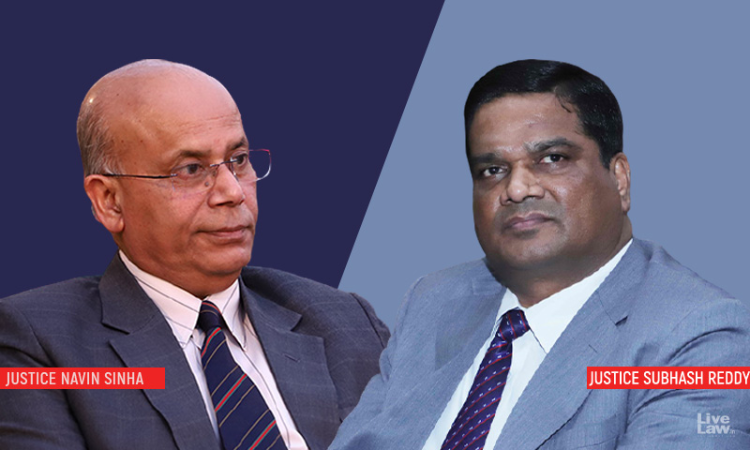The Supreme Court observed that the burden of proof on an accused in support of the defence taken under Section 313 of Code of Criminal Procedure is not beyond all reasonable doubt as it lies on the prosecution to prove the chargeThe accused has merely to create a doubt and it is for the prosecution then to establish beyond reasonable doubt that no benefit can flow from the same to the...

